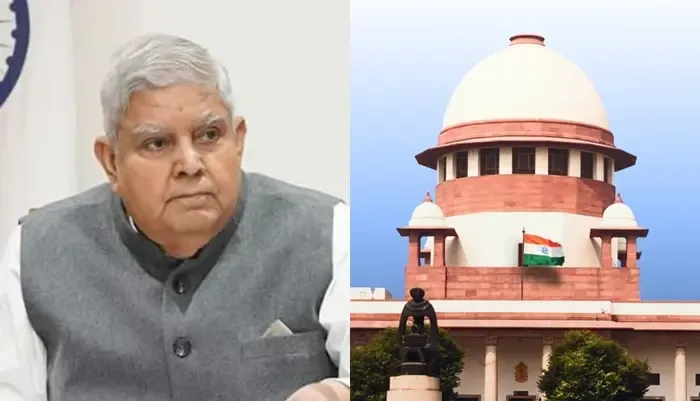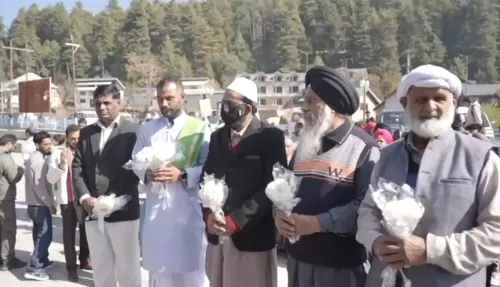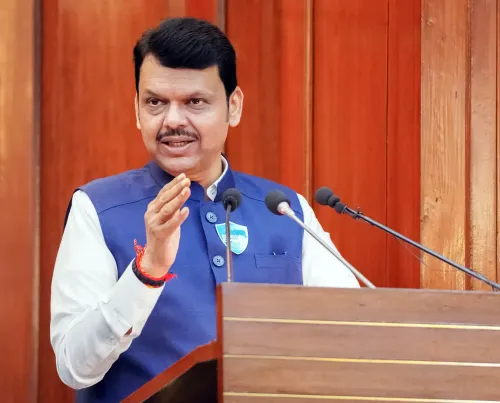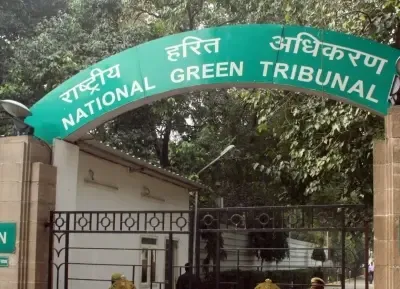Ex-SC Judge Ajay Rastogi on Article 142: Court's Call

Synopsis
Key Takeaways
- Judiciary holds exclusive power to exercise Article 142.
- Justice Rastogi urges stakeholders to introspect.
- Recent Supreme Court ruling resolved Tamil Nadu governor issue.
- Disputes over judiciary's role highlighted by political figures.
- Judges operate independently despite public opinion.
New Delhi, April 19 (NationPress) Retired Supreme Court Justice Ajay Rastogi on Saturday expressed his disagreement with Rajya Sabha Chairman and Vice-President Jagdeep Dhankhar’s characterization of Article 142 as a ‘nuclear missile’ and its supposed misuse. He emphasized that the authority to invoke the inherent powers under this Article rests solely within the judiciary.
“The timing and circumstances for exercising the powers under Article 142 are strictly within the court’s purview,” Justice Rastogi stated to IANS, addressing the ongoing criticism of the judiciary.
He remarked that now is an opportune moment for all parties involved to engage in self-reflection.
“We seem to be going astray. It is crucial for all stakeholders to reflect and discover a pathway that serves the interests of our institutions and aligns with the Constitution’s mandate,” he added.
Earlier this month, the Supreme Court employed its inherent powers under Article 142 to resolve a conflict between the Tamil Nadu government and Governor R.N. Ravi regarding the delay in approving certain bills.
The court declared that ten pending Bills would be considered as having received assent on the date they were submitted to the Governor after being reconsidered by the State legislature.
The situation escalated when Jagdeep Dhankhar made strong statements against the judiciary, likening Article 142 to a ‘nuclear missile’ wielded by the judiciary against democratic principles.
This sparked further debate, with former Union Minister Kapil Sibal labeling Dhankhar's comments as an attack on the judiciary, potentially undermining public trust in the courts. In contrast, prominent lawyer Mahesh Jethmalani defended the Vice President for his duty to uphold the Constitution.
Justice Rastogi, in his conversation with IANS, dismissed the notion of tension between the legislature and the judiciary. “Interpreting legislation is the judiciary’s responsibility. Parliament holds supreme authority and has the power to amend any provision,” he remarked.
He asserted that the judiciary should not take offense if Parliament chooses to amend a provision.
Justice Rastogi also refuted the idea of conflict between the judiciary and the executive, highlighting judges’ dedication to public welfare and their resilience against perceived external pressures.
“Judges operate with complete independence and courage, regardless of public perception. We, as judges, work diligently in the interest of our institution and the public,” stated Justice Rastogi.









